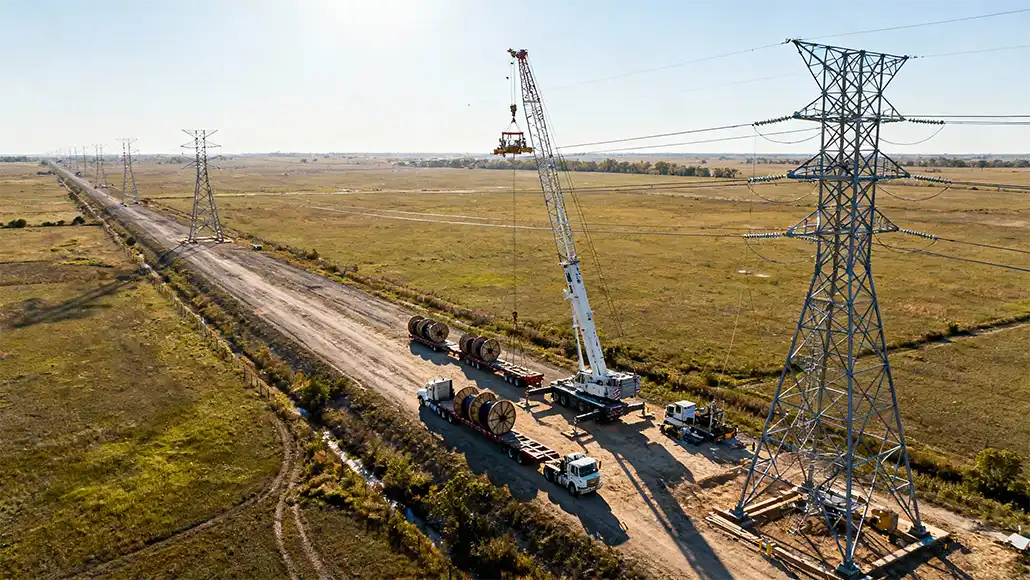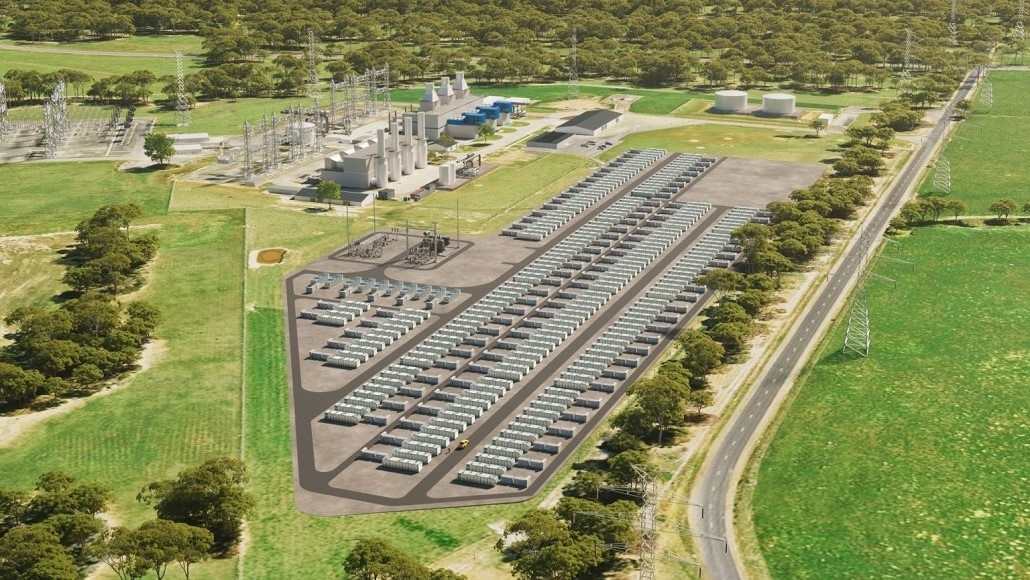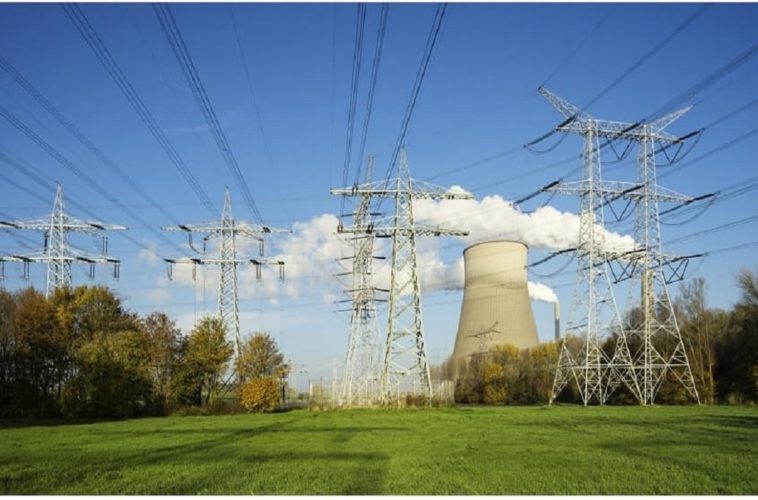The UK government has announced its plans to train as well as recruit more workers to fulfil clean energy demand in the UK, thereby promising to create 400,000 more jobs by the end of this decade.
Plumbers, electricians, and welders are among the 31 priority occupations that are particularly in demand, with employment across renewable, wind, solar, and also nuclear expected to double to 860,000 in the next five years, ministers have remarked.
Giving his opinion on the Sunday with Laura Kuenssberg program on BBC, Ed Miliband, the UK Energy Secretary, said that there are thousands of jobs that are needed to develop the clean energy sector of Britain so as to get bills down for good.
Welcoming the proposals, Unite the union went on to say that well-paid, secure work has to be at the heart of any green transition.
As part of the strategy by the UK government to fulfil clean energy demand in the UK, there would be five technical excellence colleges, which are going to be set up in order to train workers with clean energy skills, having £2.5m in funding, which would be going towards pilot schemes based in Cheshire, Lincolnshire, and Pembrokeshire, as per the Department for Energy Security and Net Zero – DESNZ.
A new program is also supposed to be launched so as to match veterans with careers spanning across solar panel installation, wind turbine factories, and also nuclear power stations, while the oil and gas workers could go on to benefit from almost £20m from the UK as well as the Scottish governments for customized career training throughout the clean energy roles.
There would also be certain customized schemes for ex-offenders and school leavers, as well as the unemployed.
He remarked that 10,000 extra jobs will be required so as to support the construction of the Sizewell C nuclear power station based in Suffolk and described how the wind turbine factory of Siemens in Hull was indeed booming.
Miliband also went ahead and told BBC that he stood by his pledge so as to reduce energy bills by £300 by 2030, after the bills went up by 2% for millions all across the UK as per the latest price cap from Ofgem, which goes on to set the maximum price that can be charged for every unit of gas and electricity for millions of households based out of England, Scotland, and Wales.
The increase from October 2025 till the end of December 2025 goes on to mean a household making use of a typical amount of energy is going to pay £1,755 every year, which is going to be up £35 a year.
Miliband, in a statement, said that the plan would go on to bring a new generation of good industrial jobs across the communities throughout the UK.
He added that their plans are going to help create an economy wherein there is no requirement to leave the hometown for a lookout for a decent job. Miliband further said that all thanks to the commitment of this government to clean energy, a generation of young people across their industrial heartlands can avail well-paid and secure jobs, right from plumbers to electricians as well as welders.
But Claire Coutinho, the Shadow Energy Secretary, told the BBC that the present objective of reaching net zero by 2050 was making electricity very expensive. She added that one needs to look at the entirety of the economy. They happen to be losing thousands of jobs across the North Sea and losing thousands of jobs within the industry.
She said that they happen to have the most expensive electricity in the world, and they indeed have to bring that down.
As per DESNZ, jobs within the clean energy sector happen to command average salaries of over £50,000, as compared to the average that’s found in the UK of £37,000.
Pat McFadden, the Work and Pensions Secretary, said that they are giving workers the skills that are required so as to switch to clean energy, which happens to be quite good for them and good for the sector and is indeed going to drive growth throughout the nation.
The fact of the matter is that the new jobs plan is going to unlock real opportunities and at the same time also make sure that everyone happens to have access to the training along with support in order to secure the well-paid jobs that are going to power the future of their country.
According to the general secretary of Unison, Christina McAnea, the strategy of the government could very well help to create a UK workforce with fairly paid, highly skilled, and secure jobs.
Christina also said that additional funding when it comes to apprenticeships as well as opportunities for young people happens to be indeed very crucial too if the UK is looking to have a bright as well as a clean energy future.
Dhara Vyas, the chief executive of Energy UK, which happens to be the trade association for the UK energy industry, went on to say that this announcement happens to be a very critical step forward when it comes to building the workforce that is needed so as to deliver on their future energy system.
She added that it rightly recognizes the requirement to go ahead and tackle the skills challenge in a collective way by investing in both new talent as well as their present workforce.

























